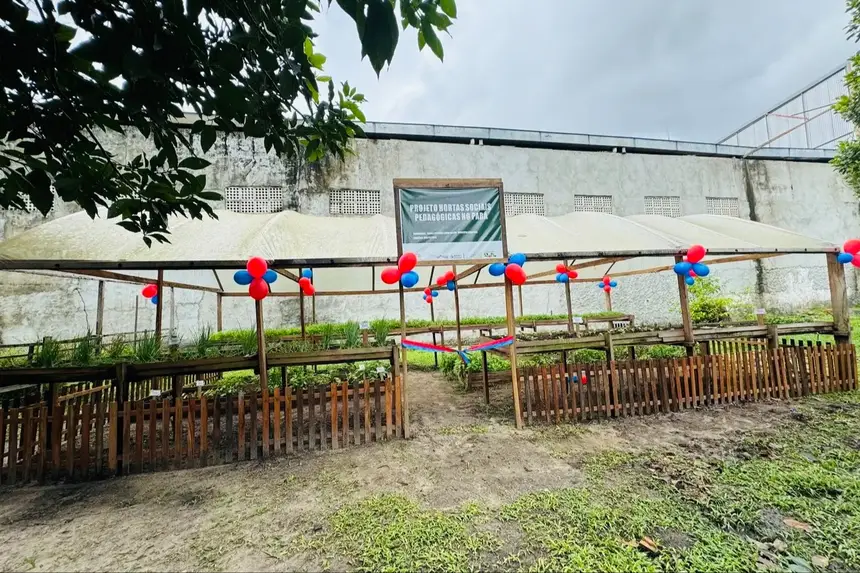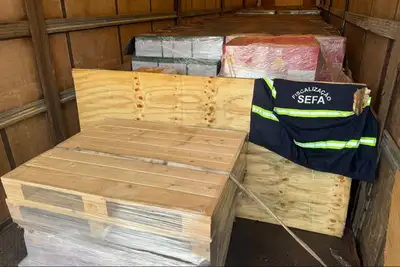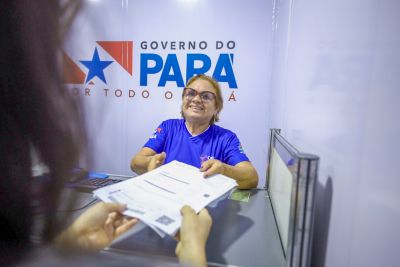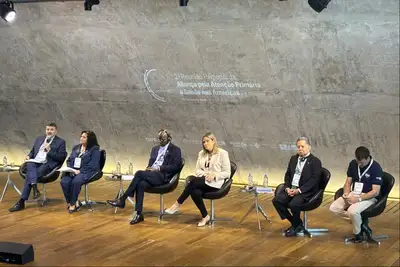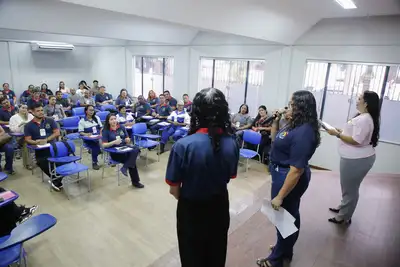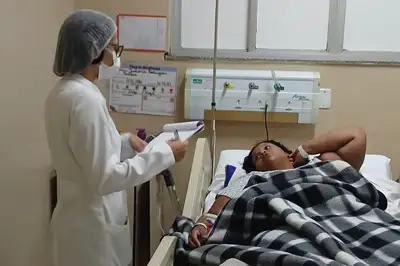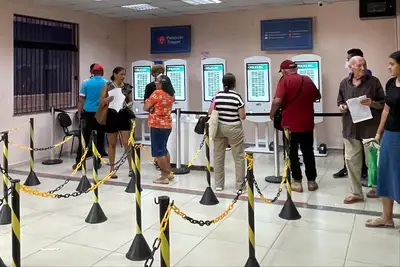Government of Pará strengthens food security policies and combats waste
State programs expand support for family farming, encourage sustainable production, and ensure access to quality food for thousands of residents of Pará
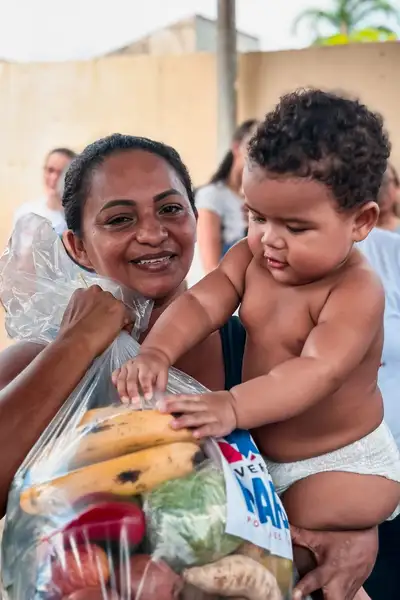
Strengthening technical assistance for food production, qualifying farmers and food handlers, and creating initiatives to prevent waste are among the main strategies of the State government to promote food and nutritional security for the population of Pará.
The Technical Assistance and Rural Extension Company of Pará (Emater-Pará) plays a fundamental role in boosting the chain, providing support to family farming with technical assistance, training, promotion of production, and support for marketing. The technical coordinator, Cristiane Correa, informs that the actions include guidance on sustainable agricultural techniques, soil management, animal husbandry, and incentive programs, such as support for diversified production, food acquisition, and the development of productive chains.
“We conduct courses, workshops, field days, and technical demonstrations to enhance farmers' knowledge, including on seedling production, small space gardens, productive backyards, agroforestry systems, full use of food, and good production practices. We especially encourage sustainable production practices that ensure food security without compromising natural resources and future generations,” highlights the Emater coordinator.
Family farmer in the production of diverse fruit trees from Mosqueiro Island, Gerlany Oliveira, who has been assisted and monitored by Emater for over 10 years, attributes her achievement of the necessary documentation to access the Food Acquisition Program (PAA) and strengthen marketing to this technical assistance.
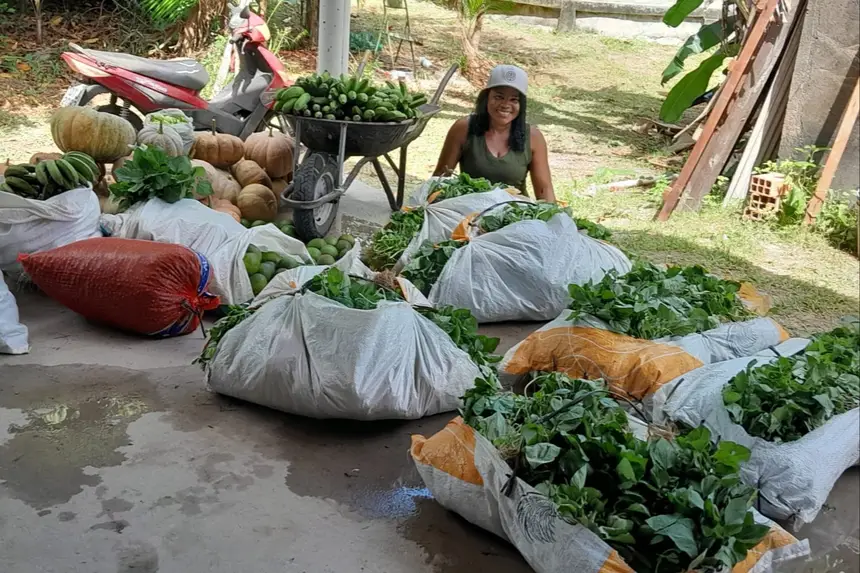
“With this, we managed to improve the family's income, in addition to increasingly encouraging healthy production. Currently, we do not work with chemical substances; our fertilizers are all natural. Emater's actions greatly help combat food insecurity in the State. With the guidance, we started producing in larger quantities, attracting customers and obtaining the family farmer documentation, which allowed us access to projects,” she says.
The Food and Nutritional Security Directorate (Disan), of the State Secretariat for Social Assistance, Labor, Employment, and Income (Seaster), is another arm of the State Government in the mission to promote and execute food and nutritional security policy in Pará.
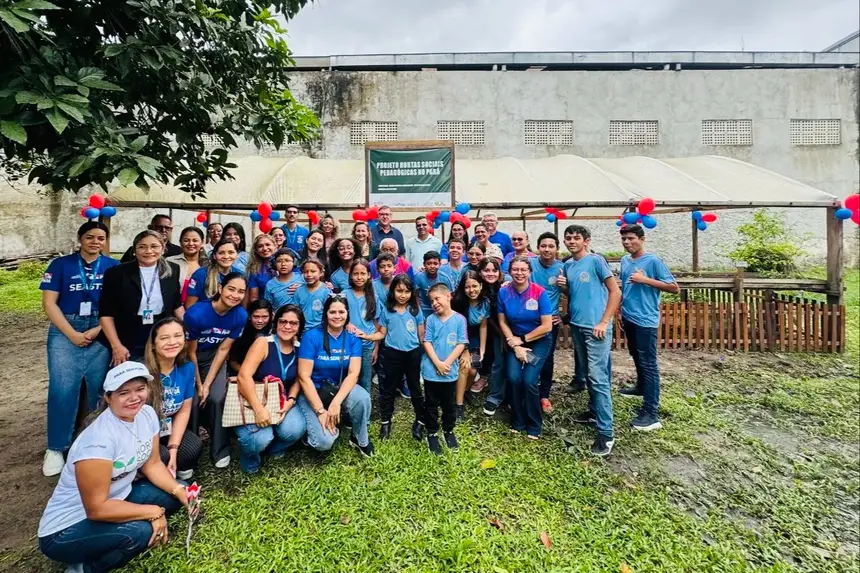
“We develop actions such as the PAA, through which we buy the production of farmers and donate it to public agencies and popular restaurants. More than 64,000 families have already been served. We also work on the implementation of social technologies. Nowadays, 17 municipalities in Marajó have cisterns in schools, ensuring quality water for users. Our work is also focused on rural promotion and ensures that families execute productive projects and increase their income,” points out Maria de Nazaré Costa, director of Food and Nutritional Security at Seaster.
AVOIDING WASTE – The president of the Supply Centers of Pará (Ceasa), Raimundo Santos Júnior, explains that the Food Bank program is one of the initiatives promoted by the agency to prevent food waste in the market.
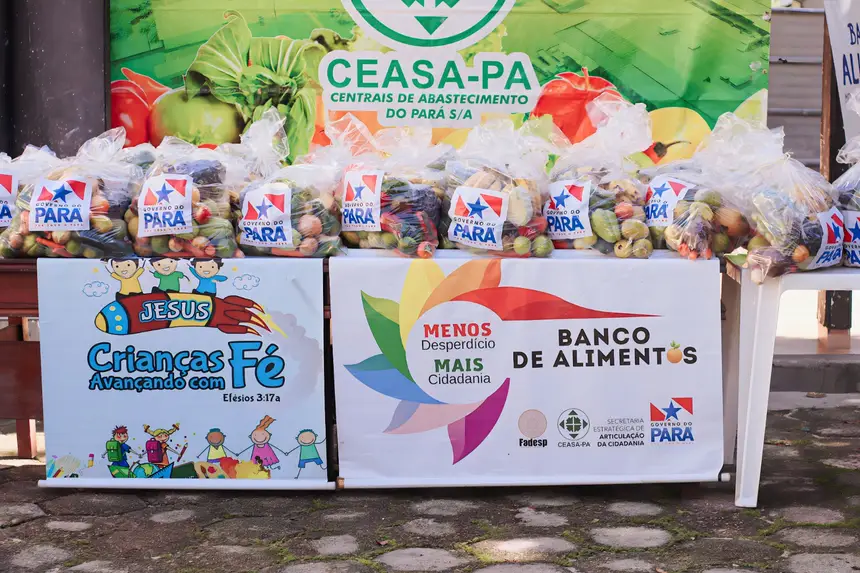
“For a long time, tons of food daily, which were not sold at Ceasa, were wasted. Upon identifying this situation, we launched the program for utilizing unsold food that is still fit for consumption. We package these food items in baskets and deliver them to people in vulnerable situations, serving various associations that work with people facing food insecurity. More than 400,000 people have already benefited. In this way, we promote a culture of food security, food awareness, and, above all, we combat hunger,” he emphasizes.
Resident of Bengui, in Belém, Sílvia Lima participated in one of the editions of the course 'Citizenship on the Plate', an initiative of Ceasa Pará, focusing on the full use of food, food security, and entrepreneurship for people in situations of social vulnerability. “We learned to avoid waste and make the most of everything that is food. The knowledge gained was invaluable, making a difference in our daily lives, whether in handling, preserving, or sanitizing food. We can only thank for the initiative,” she concludes.
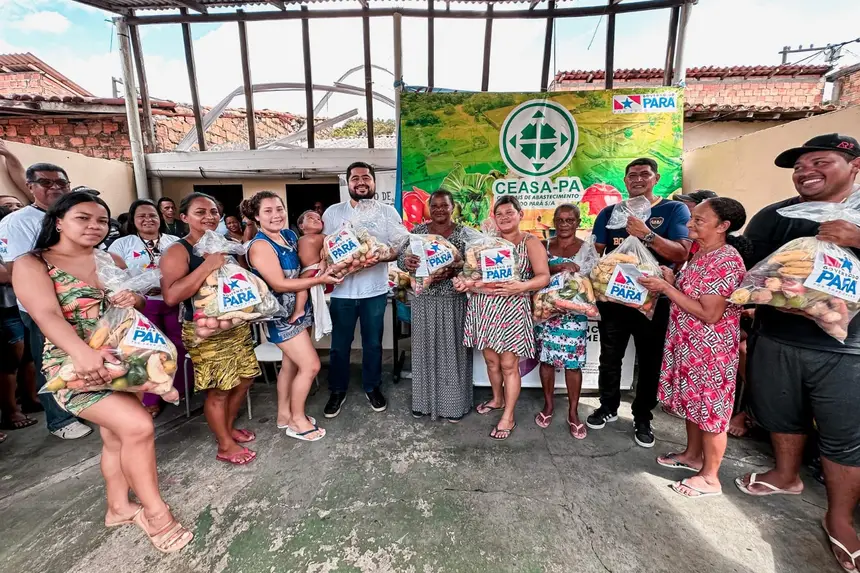
COMMEMORATIVE DATE - Created in 1981, also marking the emergence of the Food and Agriculture Organization of the United Nations (FAO), October 16, World Food Day aims to propose a reflection on the importance of food and also to make an appeal to ensure food and nutritional security worldwide, which involves healthy, accessible, and quality food.


